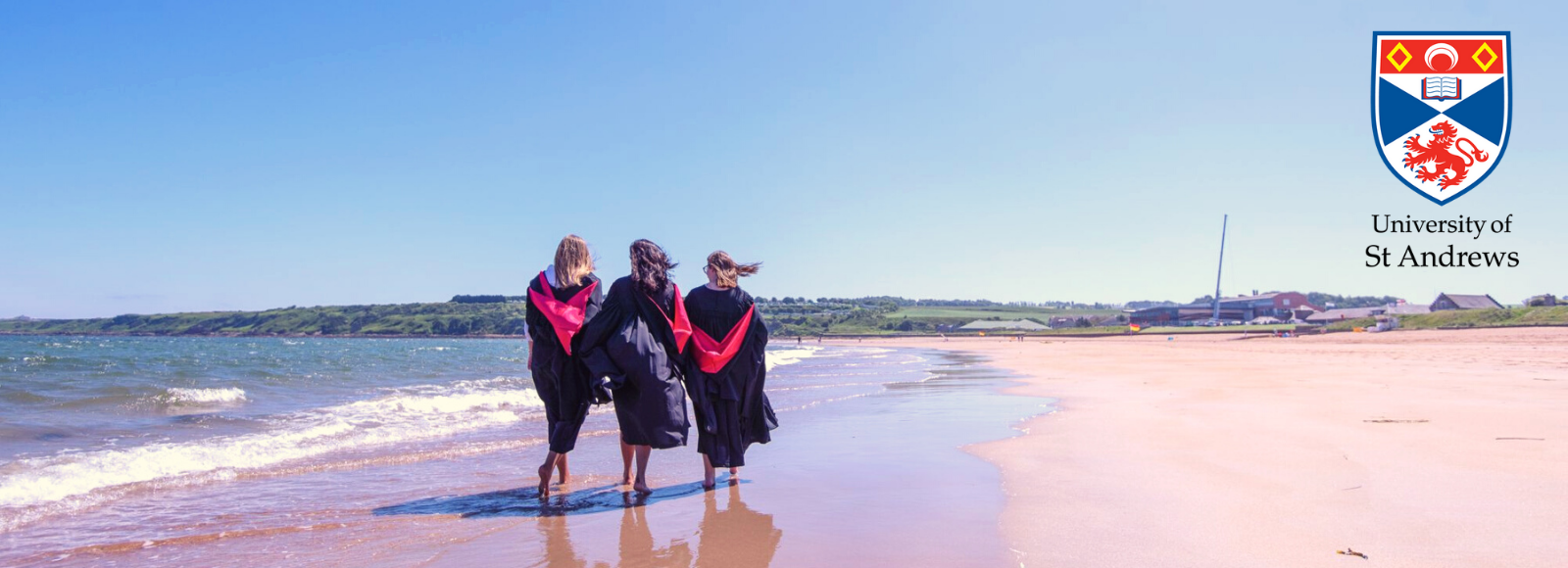- ...
Postgraduate Studentships - Search for funding opportunities.
Postgraduate Studentships - Search for funding opportunities.
The MSc in Finance and Economics is a one year taught postgraduate programme run by the Business School.
Highlights
A 2.1 Honours degree from a recognised UK university in Economics or Finance with a significant Economics component; or a 2.1 joint Honours in Economics and another subject that includes substantial training in microeconomics, macroeconometrics and econometrics. If you studied your first degree outside the UK, see the international entry requirements.
The qualifications listed are indicative minimum requirements for entry. Some academic Schools will ask applicants to achieve significantly higher marks than the minimum. Obtaining the listed entry requirements will not guarantee you a place, as the University considers all aspects of every application including, where applicable, the writing sample, personal statement, and supporting documents.
Application requirements
For fees and funding options, please visit website to find out more
There is a long-standing tradition of Finance and Economics graduates working in a wide variety of challenging and rewarding posts including:
They work in the UK, Europe and North America and, more frequently, in locations such as China, Taiwan, Hong Kong, Japan and Thailand.
The Careers Centre offers one-to-one advice to all students as well as a programme of events to assist students in building their employability skills.
Semester 1 - Compulsory
You must take three compulsory modules in Semester 1.
These are:
Semester 2 - Compulsory
In Semester 2, students must choose at least of one of:
Both modules can be selected.
Optional
In your second semester, you will have the opportunity to choose modules from a selection of topics. In total, you will study four modules.
Examples of optional modules that may be offered include:
MSc Finance and Economics students may take up to one advanced undergraduate optional module from the following in the second semester:
The topics, and therefore module titles, vary year on year as they reflect the research interests of staff. Optional modules require a minimum number of participants to be offered; some may only allow limited numbers of students (see the University’s position on curriculum development).
Dissertation
The final element of the MSc is a 15,000-word dissertation. The dissertation should be on an area of either finance or economics that you are interested in, chosen in discussion with your supervisor who will support you through the process.
You will receive training in Semester 1 in framing a hypothesis, conducting bibliographic research, writing a literature survey, and structuring a dissertation.

Scotland’s first university, an experience like no other Masters programmes to help you find your future. Are you looking to earn an outstanding pos...
Sign up to Postgraduate Studentships
Sign up to compare masters
Thanks for making your selection. Click below to view your comparisons.